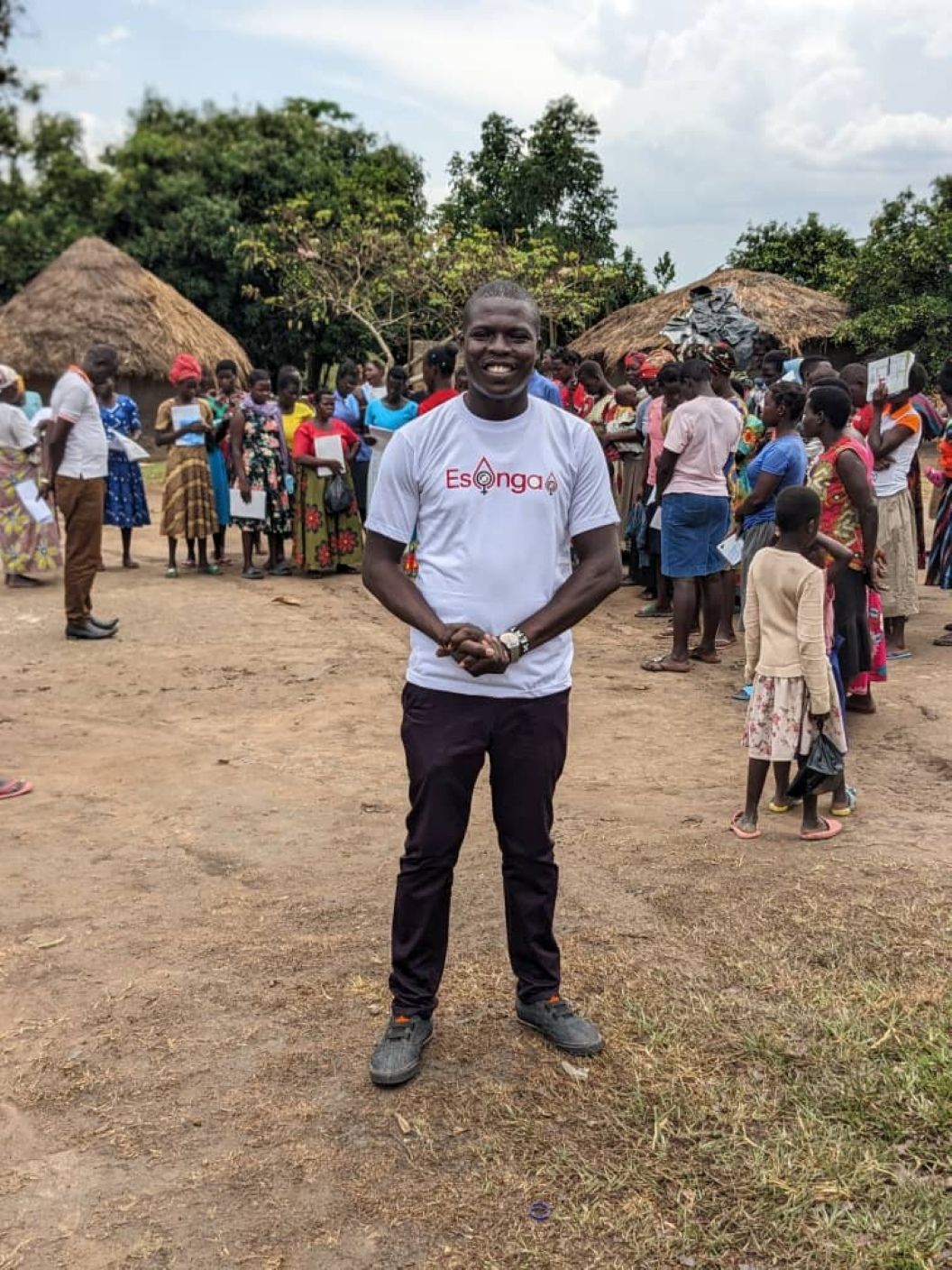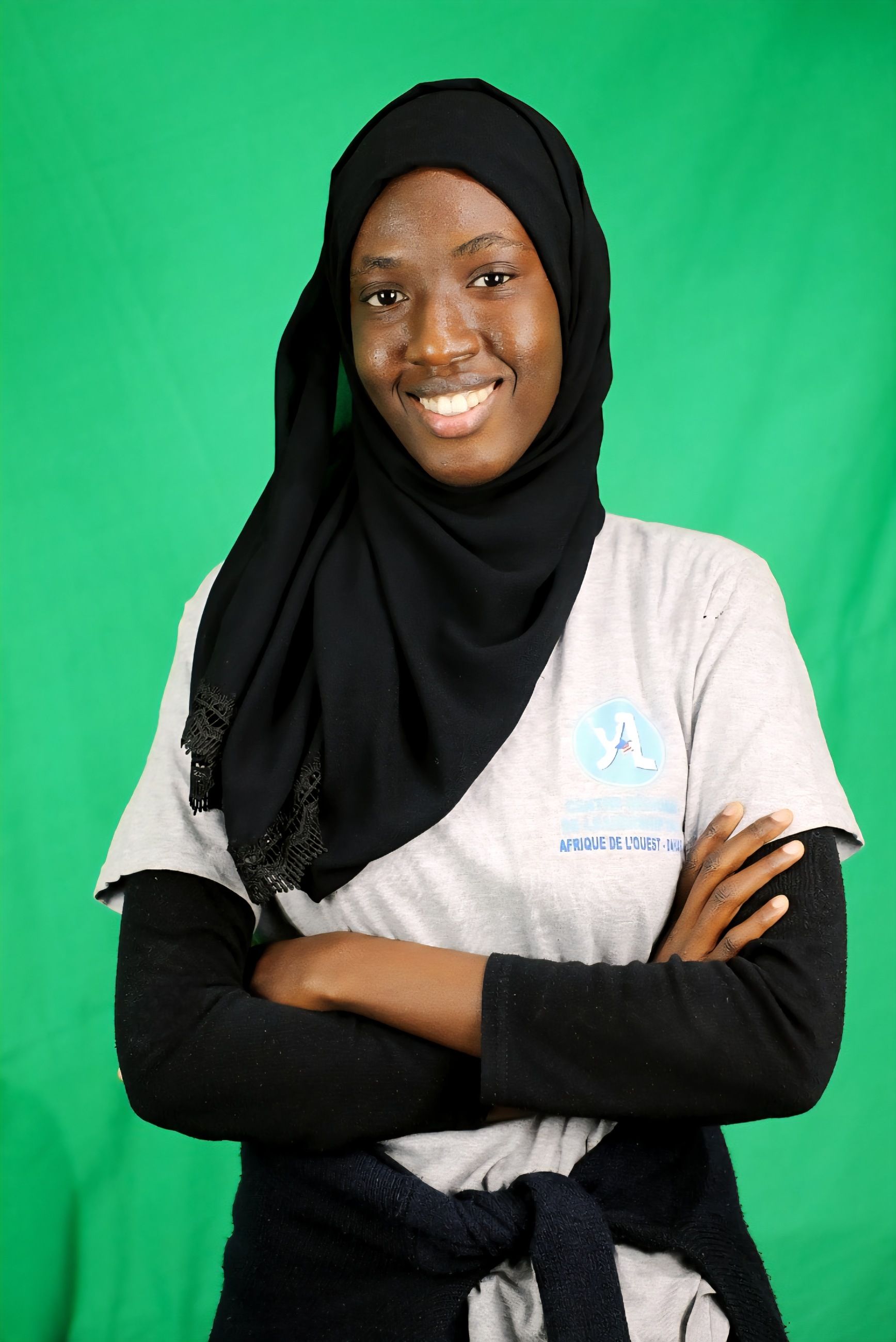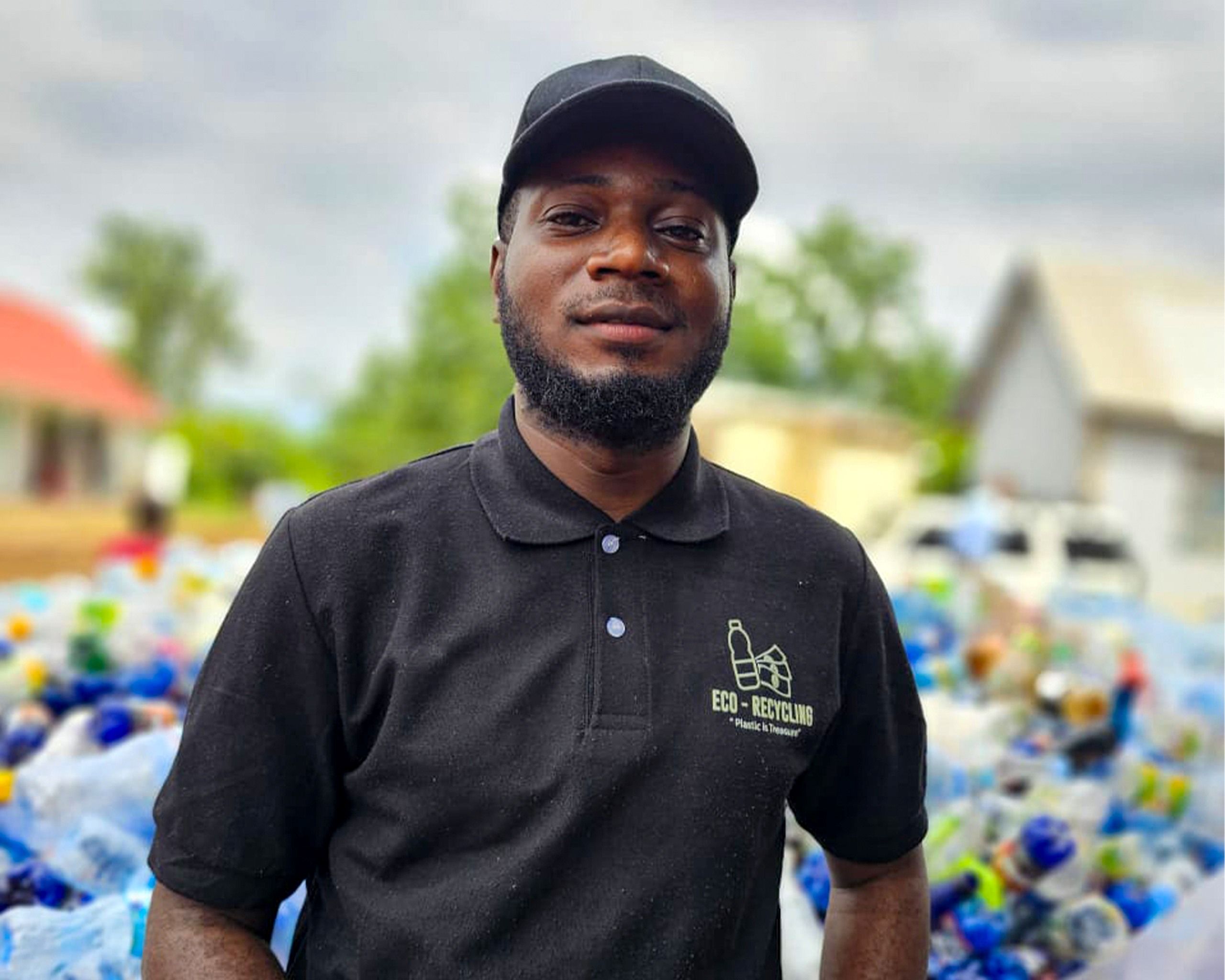One morning, thirteen years ago in Busia, Uganda, a man prepared to leave for work. But just before he left, he riffled through his pockets, pulled out some money, and handed it to his wife.
“Use this to buy some meat for our supper tonight.”
The woman opened her mouth to say something, but then, on second thought, decided against it. She scratched her head, cinched her leso tighter around her waist, and in a faltering voice, said, “Alright. I hear you.” She blinked back tears, but the man didn’t seem to notice. He didn’t realise his wife was in pain, that something was troubling her. Or maybe he did, but chose to turn a blind eye.
Later that night, in a neighbouring homestead, a twenty-three-year-old man lay on his tiny bed in a grass-thatched house, fast asleep. In a similar house within the same compound, his mother was finishing up on some house chores before retiring for the night. Suddenly, a piercing scream tore through the silence of the neighbourhood, a silence that had only been punctuated by the soughing of the wind and the rhythmic trilling of crickets.
The young man jolted into a sitting position, rudely awakened from his sleep by the sharp screams. He quickly got out of bed and dashed to his mother’s hut.
“Mama, Mama!” he called out, his chest coated with sweat.
“What is going on? Who is that screaming?”
“It’s our neighbour, my son. I think it’s happening again,” his mother answered.
“What is happening again, Mama?”
“Her husband is beating her.”
Everything happened so fast: The young man’s mother stepped out of her hut and hurried towards the neighbour’s home, with him hot on her heels. The neighbour’s door flew open, and a screaming woman ran out. A man—the woman’s husband—followed behind, seething with anger, right hand clenched into a fist, aching to hit her again.
The woman ran and took cover behind the neighbours. Her saving grace. The people shielding her from another blow to her fragile and bruised face.
“Why are you beating her? Stop it!”
“I’ll kill this woman! I gave her money to buy meat for supper, but she used it to buy those useless things women use! Now I have no meat.”
Gasping for breath, the woman spoke in between sobs, her voice laced with pain. “But…” she paused and wiped her tears with the back of her hand. “But I used the money to buy sanitary pads. I was bleeding…”
For the twenty-three-year-old who stood by his mother’s side, that late-night showdown broke his heart. He felt the sobbing woman’s pain. A bitter taste rose in his throat. How could a man be so heartless?
Ignoring the threats and insults the woman-batterer hurled at them, the young man and his mother took the sobbing woman into their home. They offered her shelter for the night.

13 years later, the young man, who was roused from his sleep in the middle of the night by a woman’s screams, is in Austin, Texas, participating in the 2025 Mandela Washington Fellowship for young African leaders at the University of Texas. His name is Eric Omondi, the founder of Esonga Menstrual Care. ‘The menstruating man’, as he calls himself, vowed under the starry skies of Busia, Uganda, that he would spend the rest of his life changing the narrative of women in his society.
One evening, while having a chat with him on an 8th-floor balcony in Texas, he said to me, “That night, those screams didn't just wake me up. They awakened my purpose.”
Slowly sipping my tea, I thought about how women are constantly stripped of their dignity. In spite of the piercing pain, warmth stirred within me because people like Omondi and organisations like his, Esonga, exist. This brings to mind words from the scripture: “Though weeping may endure for the night, joy comes in the morning.”
*
Esonga Menstrual Care is a social enterprise clear and focused on its mission—to promote menstrual dignity to women.
As Esonga’s founder puts it, “Menstruation is not a woman's problem. It is a human and societal problem.”





